Description
Introduction to Bajyal
Bajyal, a serene village located in the Jammu tehsil of Jammu district, Jammu and Kashmir, holds its place as a key cultural and administrative unit in the region. Situated approximately 20 km from Jammu, the district and sub-district headquarters, Bajyal is known for its tranquil rural life and is home to a resilient and hardworking community. As part of the Channu Chak gram panchayat, this village is a representative example of the rural landscape of Jammu and Kashmir, where traditional customs blend with modern infrastructural advancements.
Geographic Overview of Bajyal
The geographical expanse of Bajyal village is 92.3 hectares, an area that accommodates a diverse range of activities, from agriculture to small-scale commerce. The village is strategically located near the town of Jammu, making it a vital link for those living in rural areas seeking access to urban amenities. The pincode for Bajyal is 181206, a unique identifier that ties it to the larger administrative structure of Jammu and Kashmir. The village's administrative leadership is vested in the Sarpanch, an elected representative who is responsible for the day-to-day governance and development of the area.
Population and Demographics
According to the 2011 Census, Bajyal has a population of 1,181 residents, consisting of 625 males and 556 females. The village’s demographic structure highlights a sex ratio of 890 females for every 1,000 males, surpassing the state average of 889. Bajyal also stands out in terms of literacy, with an impressive 75.65% literacy rate, which is significantly higher than the Jammu and Kashmir state average of 67.16%. Male literacy in Bajyal is 82.63%, while female literacy is recorded at 68.18%.
Child Population and Sex Ratio
Bajyal has a child population of 179, accounting for 15.16% of the total population, a significant figure that reflects the youthful vibrancy of the village. The child sex ratio stands at 673, which is lower than the state average of 862, highlighting the need for gender-focused interventions and awareness. Despite this, the overall child population still adds to the dynamism of the community, ensuring that the village’s cultural traditions and way of life are passed down to future generations.
Social Structure and Caste Distribution
Bajyal’s social fabric is primarily composed of Scheduled Castes (SC), who make up 49.11% of the total population. Additionally, 6.60% of the village’s population is from Scheduled Tribes (ST). This diversity shapes the village’s social dynamics, influencing its customs, festivals, and community activities. The relatively high percentage of SC and ST populations calls for a deeper understanding of the challenges and opportunities that arise in a socially heterogeneous village like Bajyal.
Work and Livelihood
Bajyal’s economy is largely agrarian, with 306 individuals actively engaged in work activities. Of these, 91.18% are involved in main work (employment or earnings for over six months), while the remaining 8.82% are engaged in marginal work. Among the main workers, 49 are cultivators, either as owners or co-owners of agricultural land, while 21 are agricultural laborers. These figures reflect the village's reliance on agriculture as the primary source of livelihood, with a focus on both crop cultivation and manual labor in farming activities.
Infrastructure and Connectivity
Bajyal is well-connected, with public bus services available within the village, offering convenient transport options for residents. Additionally, private bus services are accessible within a 5 km radius, expanding the travel options for people in and around the village. The nearest railway station is located more than 10 km away, ensuring that Bajyal is not isolated in terms of transportation. This connectivity is crucial for economic and social mobility, making it easier for Bajyal’s residents to access Jammu for education, healthcare, and business purposes.
Educational and Health Services
While detailed information about schools and hospitals in Bajyal is not available, the village has been a part of broader educational and health infrastructure developments in the region. It is likely that Bajyal’s residents rely on nearby urban centers, such as Jammu, for advanced education and healthcare services. Nonetheless, the village’s focus on literacy and social development suggests a community eager to improve its educational standards, laying the foundation for future generations to thrive.
Administrative Framework and Governance
The governance of Bajyal follows the principles outlined in the Panchayati Raj Act, with the village being managed by a locally elected Sarpanch. This system of self-governance allows Bajyal's residents to actively participate in decision-making processes, fostering a sense of community and collaboration. Bajyal falls under the Marh Vidhan Sabha constituency and the Jammu Lok Sabha constituency, ensuring that the village is represented in the larger political landscape of Jammu and Kashmir.
Conclusion
Bajyal, with its rich cultural history and community-driven approach to development, stands as an important rural center in Jammu and Kashmir. From its impressive literacy rate to its robust agricultural economy, the village represents a harmonious blend of tradition and progress. As Bajyal continues to evolve, its focus on education, community welfare, and connectivity promises a bright future for its residents.
Photos
Videos
Location Map
Amenities
- Website
Contact Information
| Address |
Bajyal, jammu |
| Phone Number |
7006771872 |
| Email Address | |
| Website | https://www.censusindia.co.in/villages/bajyal-population-jammu-jammu-and-kashmir-5779 |
Reviews (1)
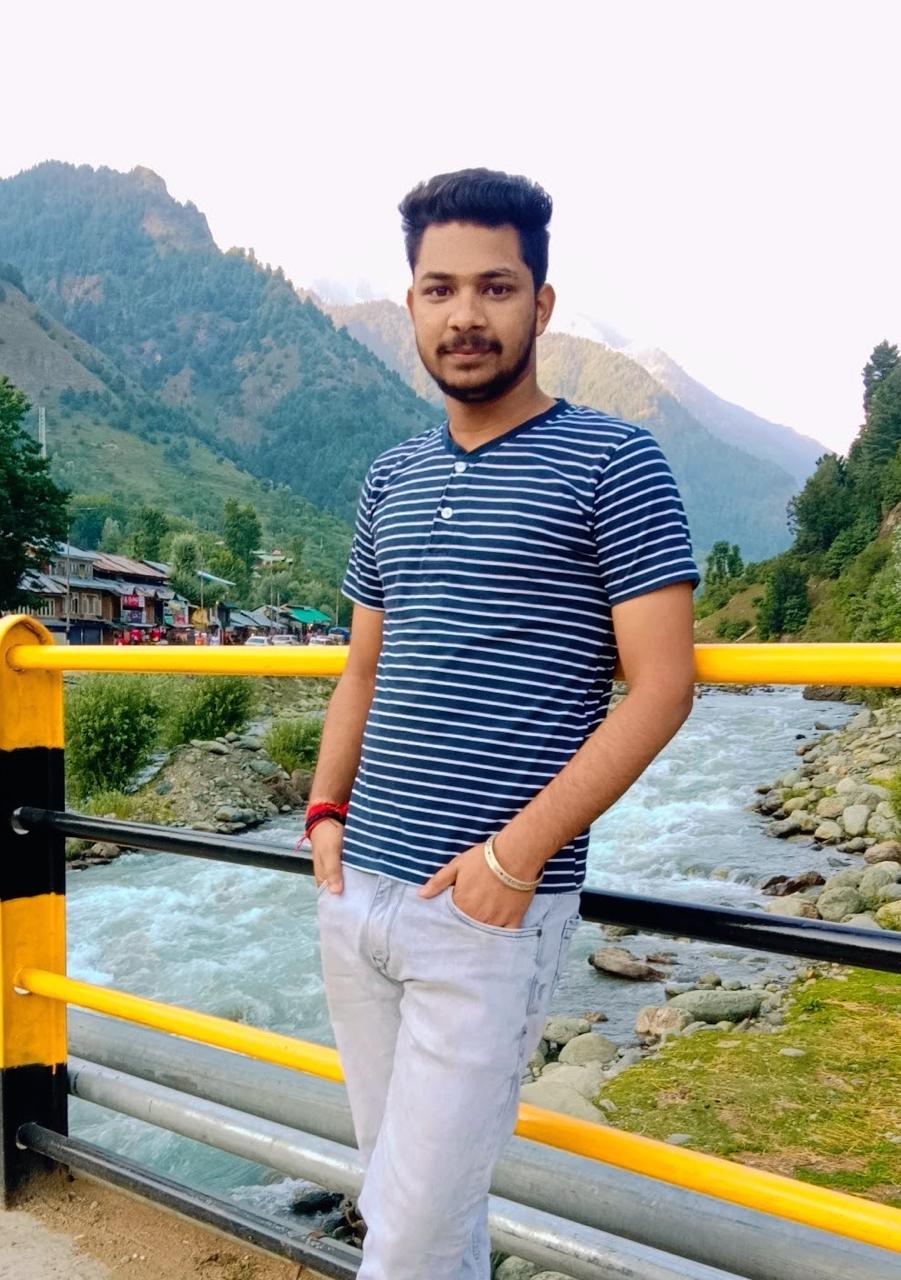

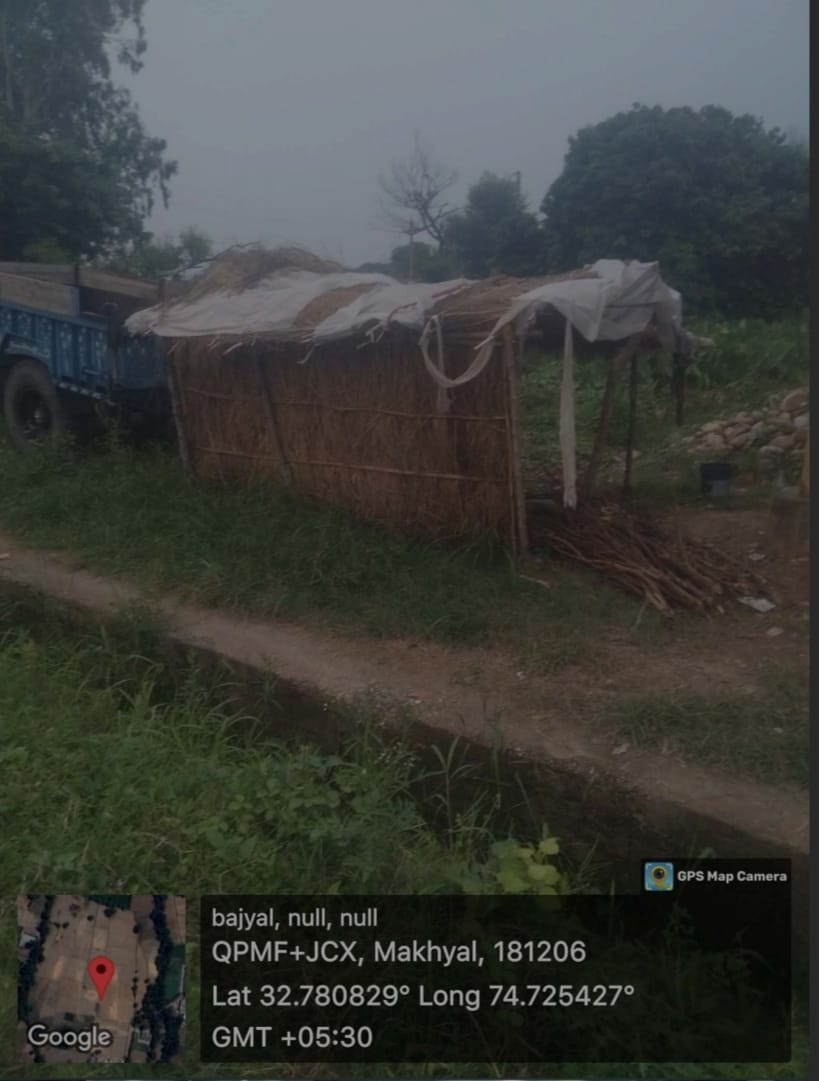
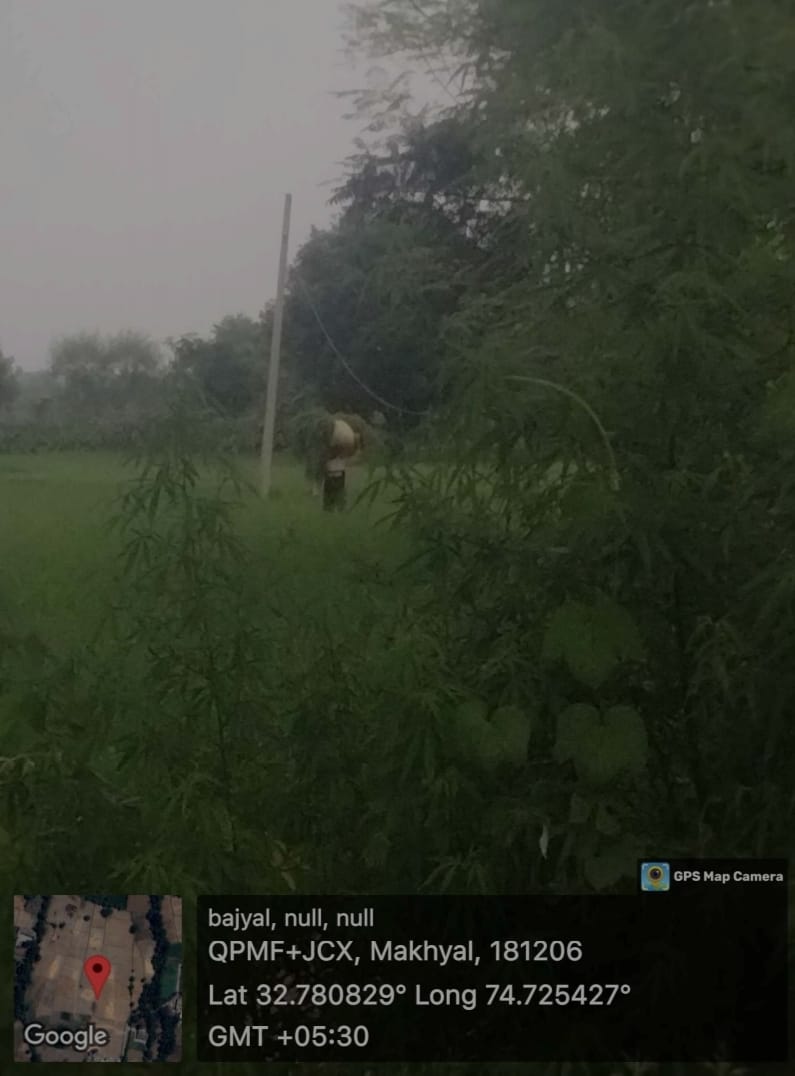
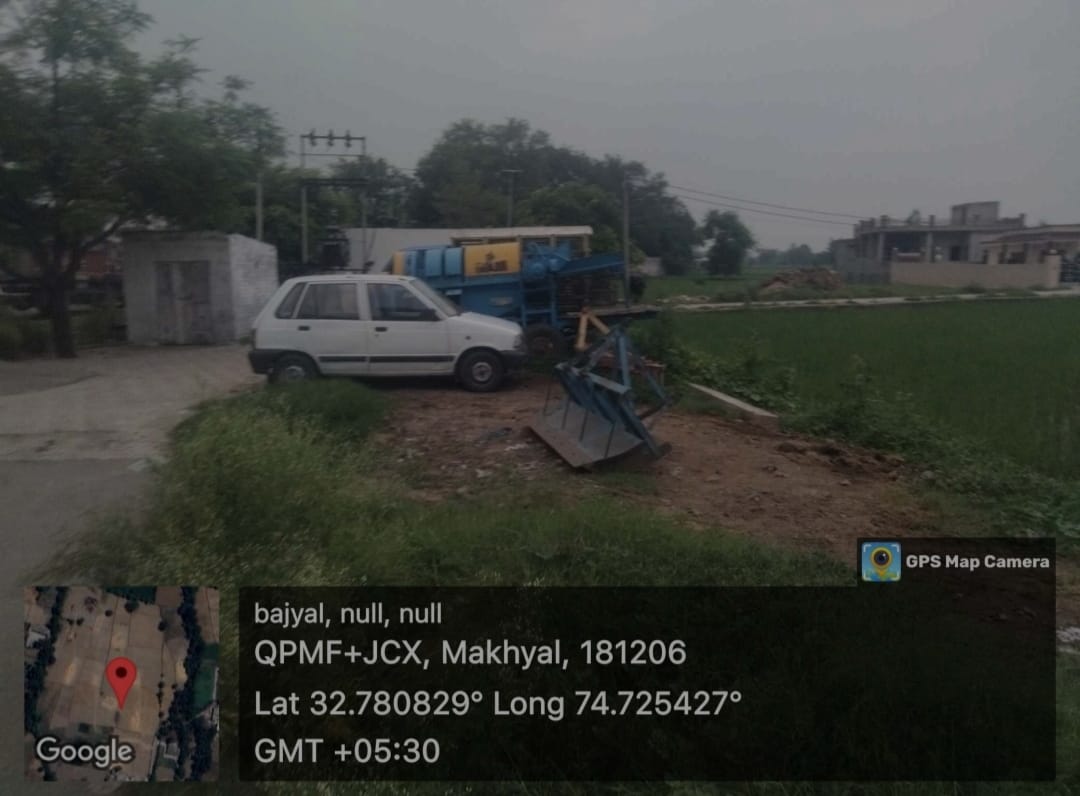

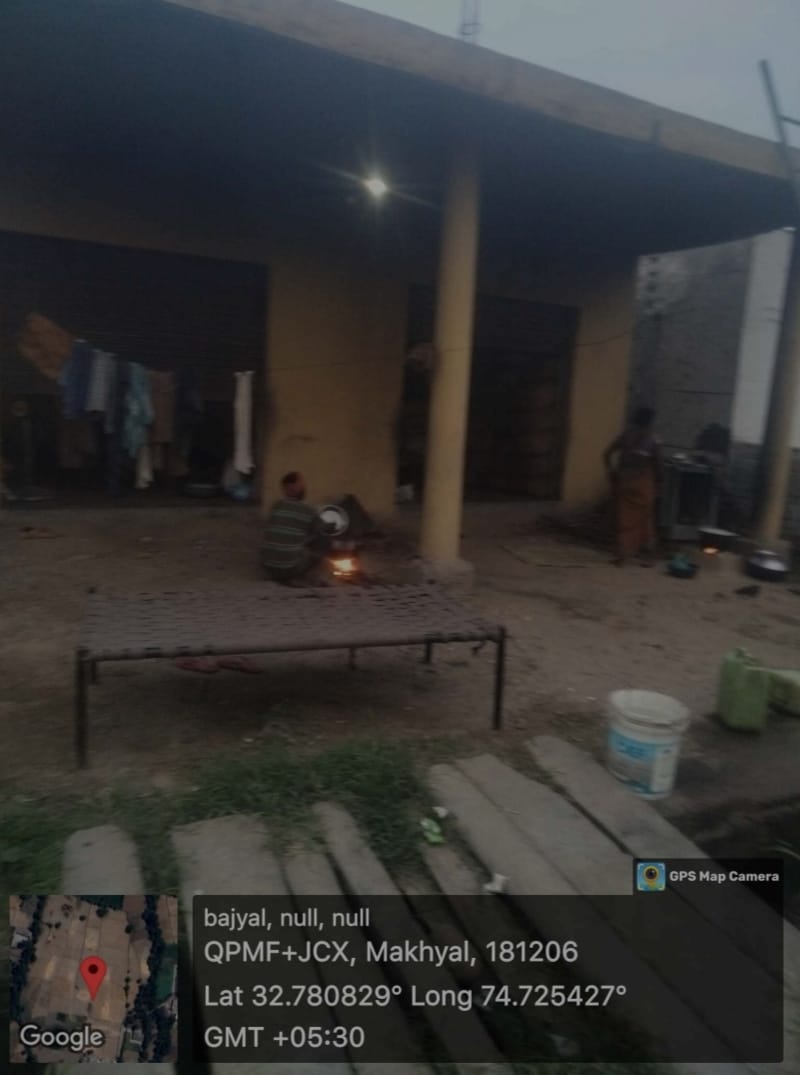
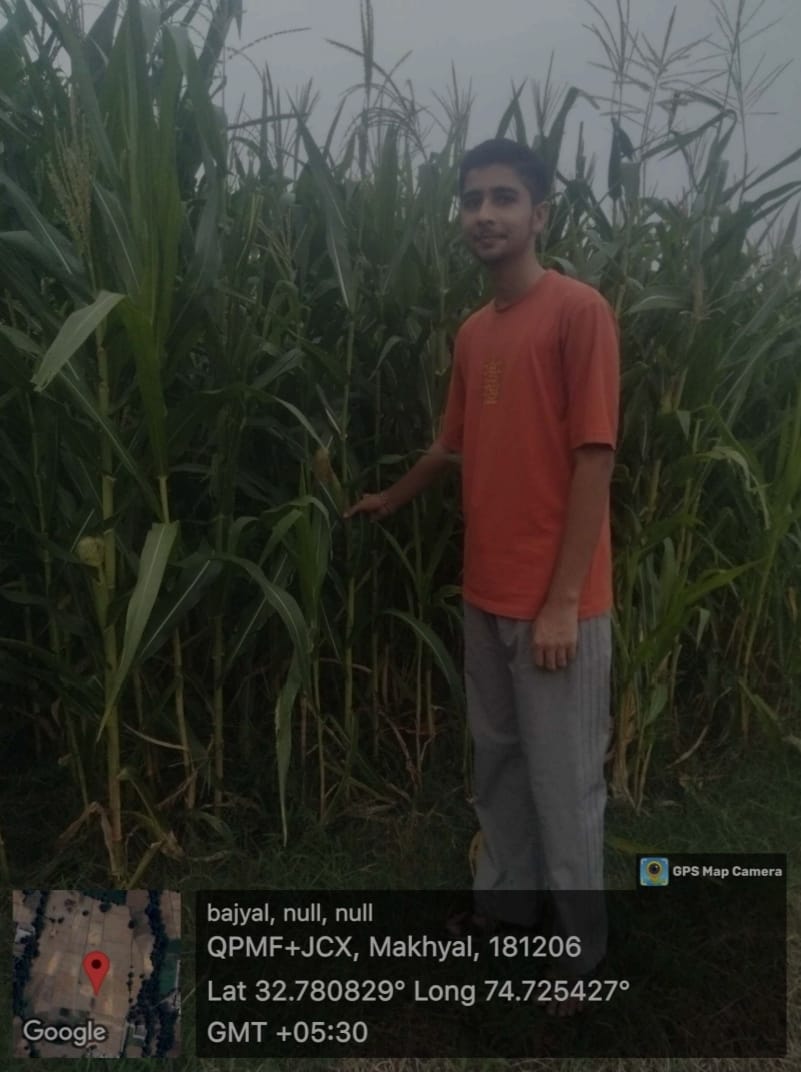




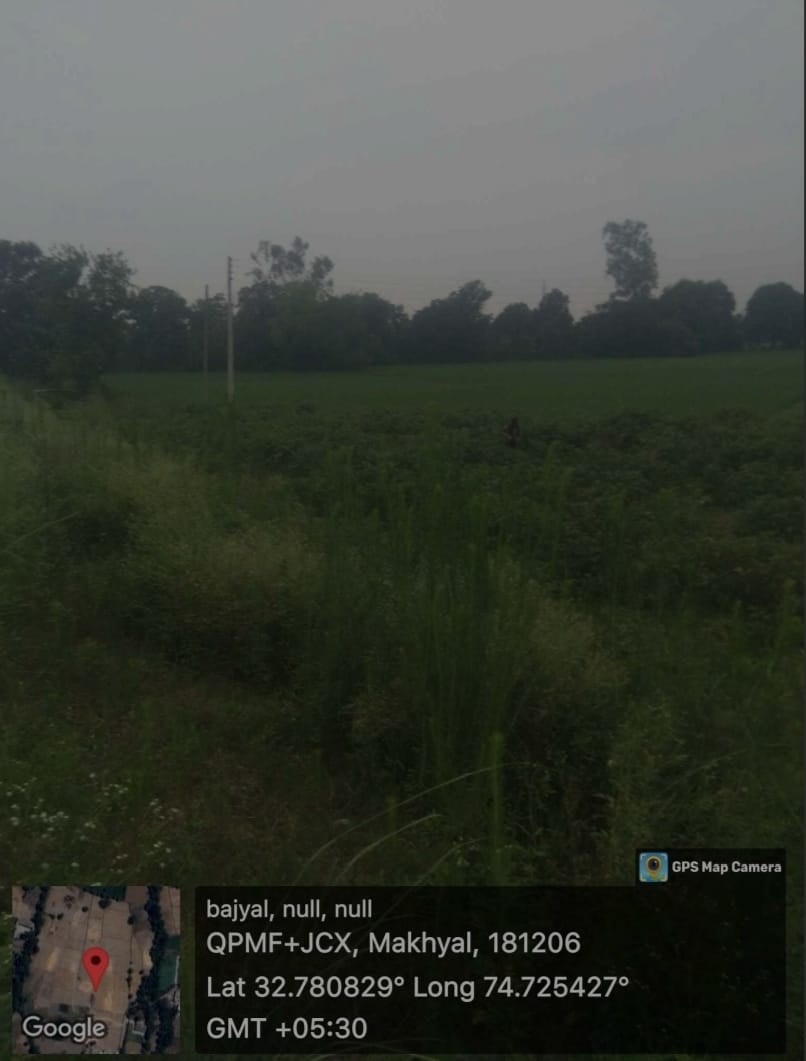
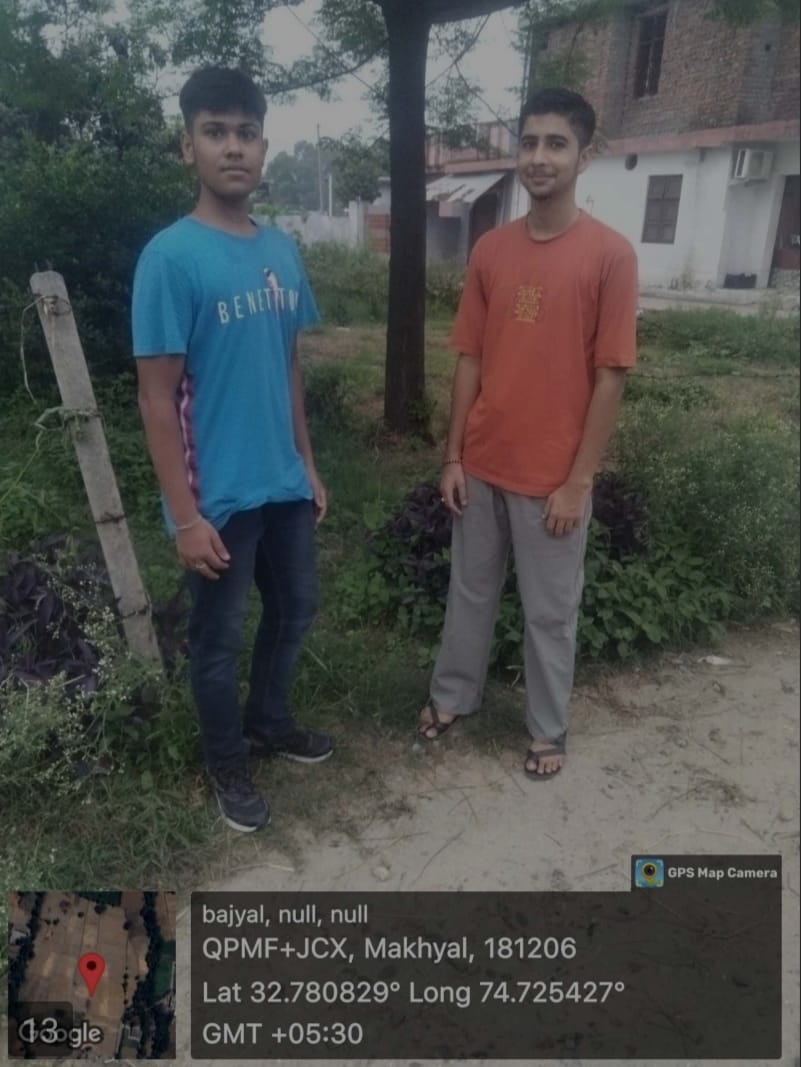

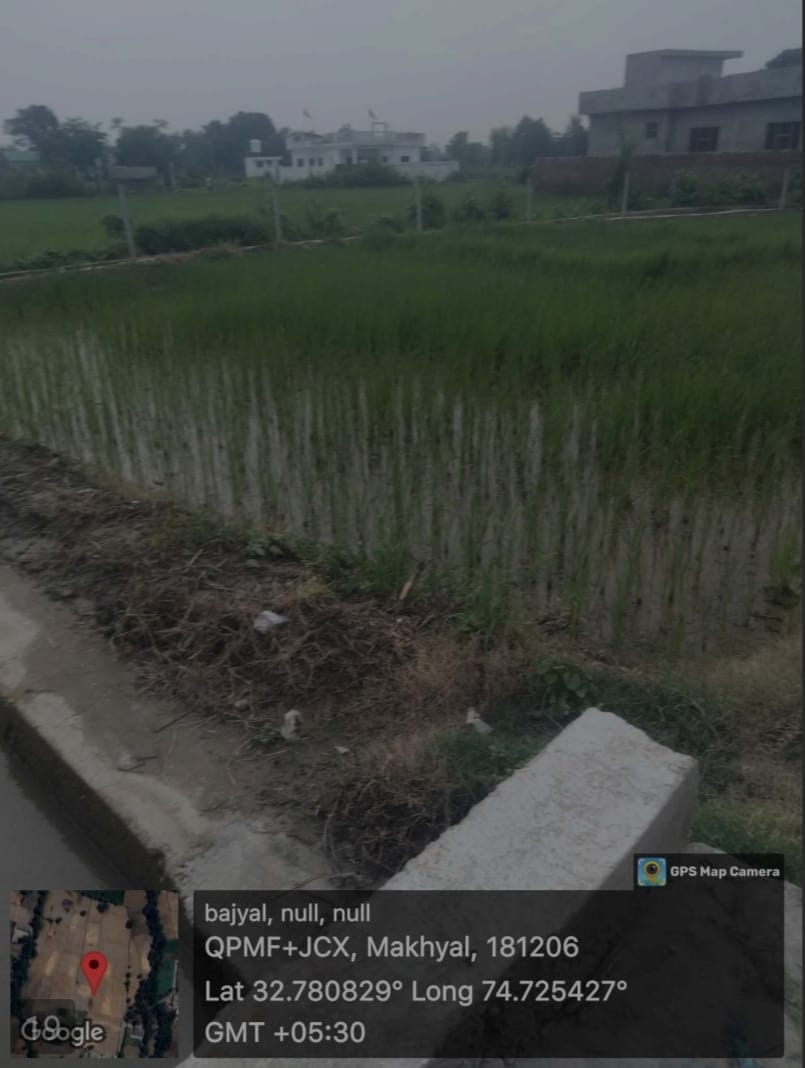
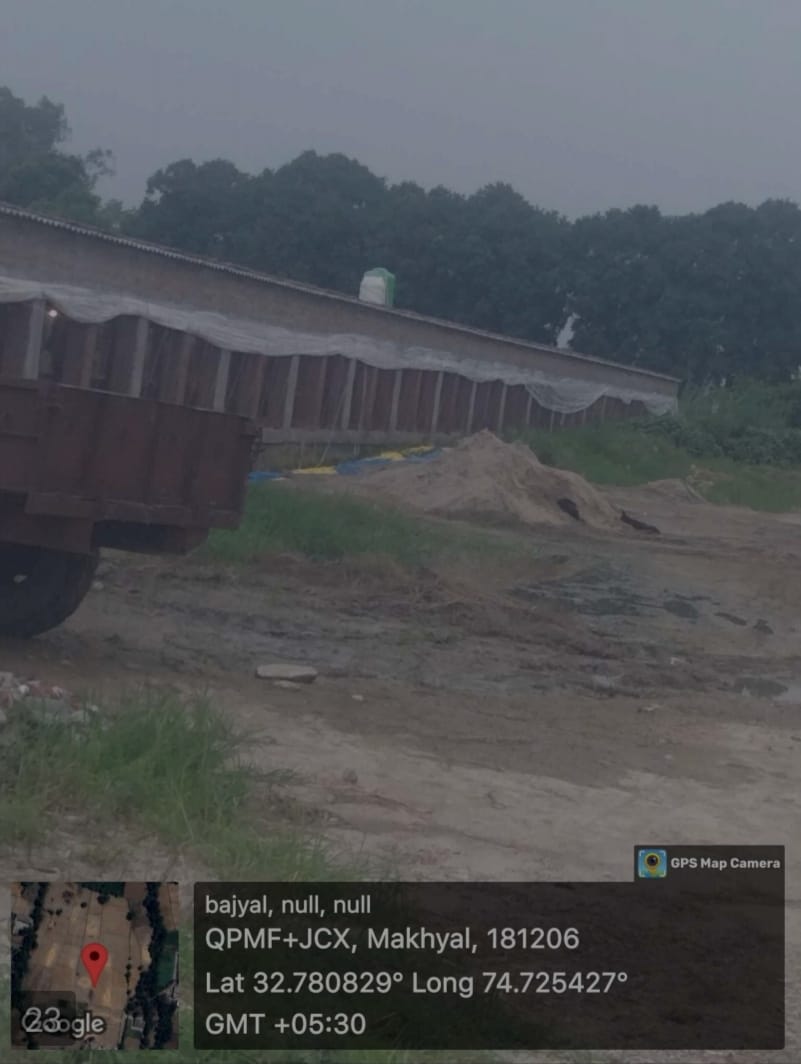

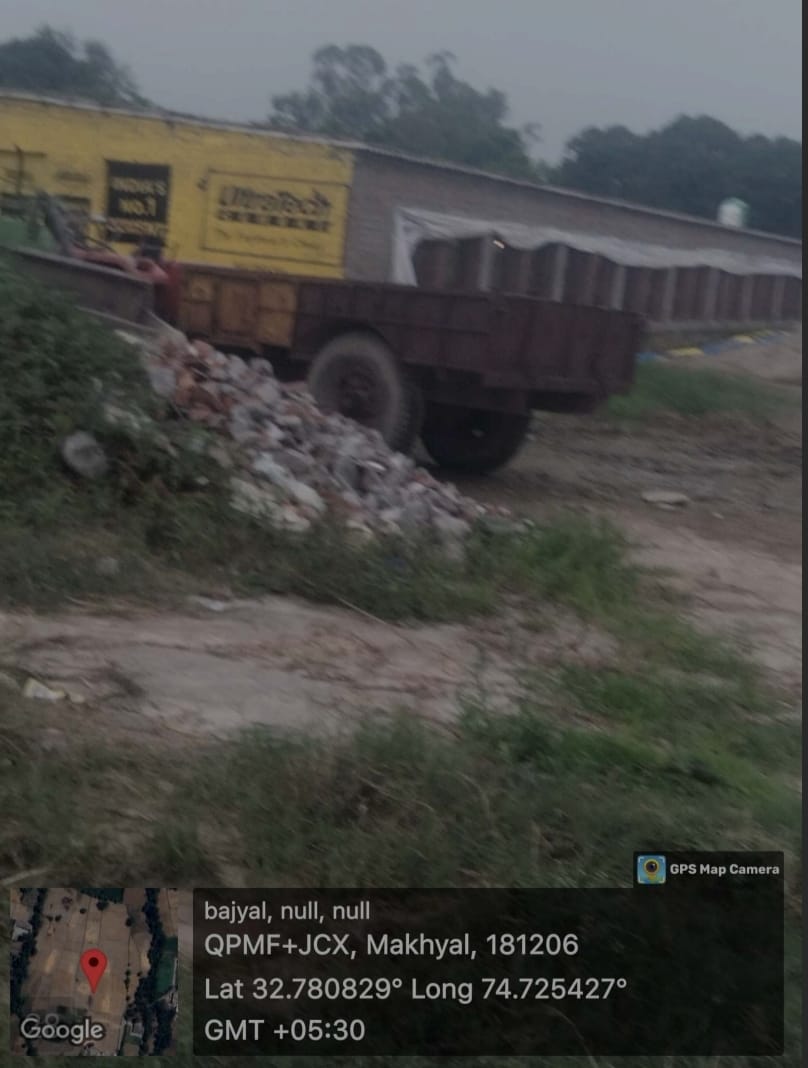

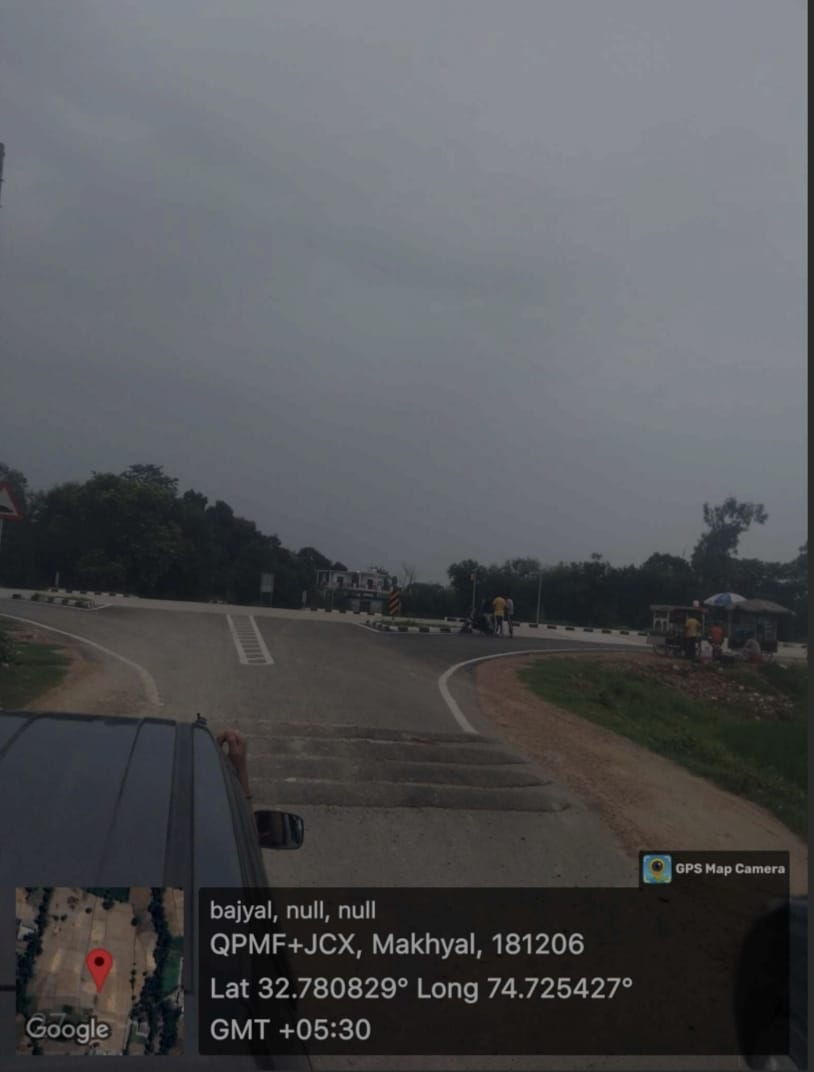
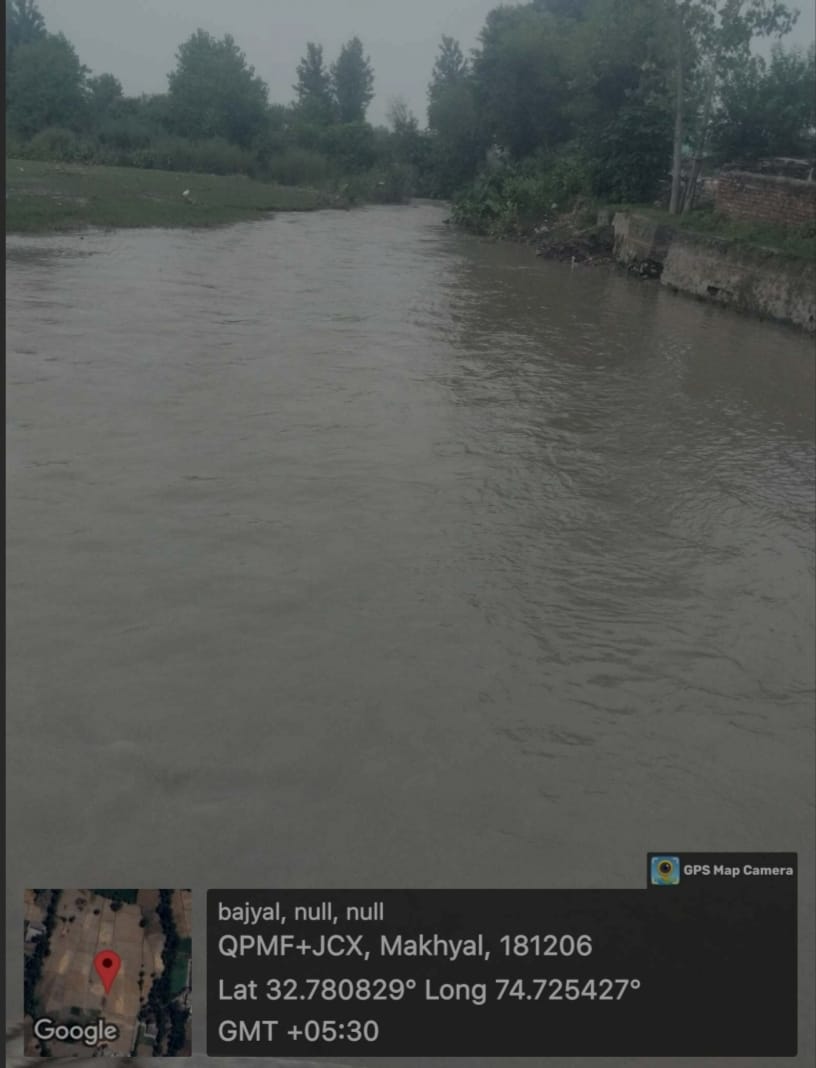



You did a great work on your village bajyal.